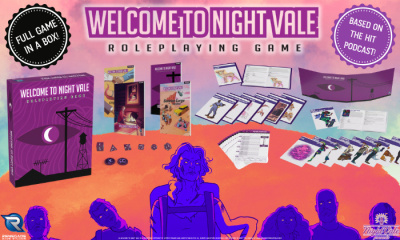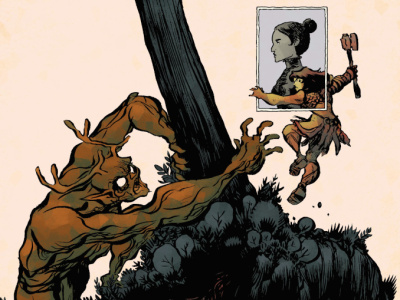Sponsored. Board Games aren't new. The Royal Game of Ur was invented around 2600 BCE in Mesopotamia and the first commercially published game was The Game of the Goose in 16th century Europe.
What IS new is how original IP is developed, tested, and introduced in a digital-first world. The answer is community-centric, crowd-vetted. And the key? It's the most important small stage in everyone's life.
No, not TV.
Tabletop.
Board games don't have the viral growth rates that digital media has (which, by the way, is becoming exceedingly hard to achieve). But what it DOES have are qualities that digital-only IPs lack: multi-generational potential, IRL friends engagement, and tangible presence.
Forward-looking entertainment companies are already onto this. And this trend creates new opportunities for retailers as tabletop becomes the testing ground for tomorrow's mainstream entertainment franchises.
The greatest IPs of all time have had their roots in humble places: books, comics, coin purses, and dolls. At Incredible Dream, we set out with the ambition to create the next generation of original IP and we felt that tabletop games had the best communities to develop new modern IP for.
Over the past four years, we developed and launched the foundations of the Kinfire franchise in 3 unique series, 5 standalone games. This franchise was carefully vetted along the way by a dedicated and steadily growing community.
Our first game, Kinfire Chronicles: Night’s Fall (MSRP $179.99), is a 25+ hour co-operative campaign game for 1-4 players. It was successfully crowdfunded on Kickstarter and the initial print run sold out within months of fulfilling to backers.
We wanted to grow the audience for the Chronicles narrative before we expanded it, and we realized that not everyone's ready to dive into a chunky adventure game (no matter how easy we made it to get to the table!). So we followed with the Kinfire Delve (MSRP $24.99 each) series of 3 standalone games for solo-duo players: Vainglory's Grotto, Scorn's Stockade, and Callous' Lab. Instead of releasing them all at once, we paced them out over a year. This was fashioned after the steady content updates that live video games offer players, which create reasons for people to regularly return. Additionally, a similar strategy worked for Arcane: League of Legends where episodes were released in paced, consumable chunks instead of the "binge watch" launch dump that was the prevailing norm.
This week, we officially released Kinfire Council (MSRP $74.99), our first competitive strategy game for 2-6 players and our second successfully crowd-funded project. After a string of co-operative games, switching things up with a competitive experience was a surprise for some. Kevin Wilson (Arkham Horror, Descent) is the vision behind Kinfire's uniquely thematic gameplay. The inspiration for Kinfire Council came to him from a component in Kinfire Chronicles: the folded map of Din'Lux. He developed and tinkered with the gameplay for Council between the development of Delve and it quickly became a game that the team couldn't stop playing.
The launch of Kinfire Council beat our own optimistic projections: we sold the last of our entire first print of the game over the Gen Con weekend. This was weeks ahead of the official launch on August 12, and it prompted us to get a second print under way.
What fuels our steady growth has a lot to do with what we see at our tables and others like them at local retailers and conventions. Spouses, parents, and kids. Real world friendships, old and new. A common cause and shared experience – a moment set up by a board game and brought to life by live human beings.
Each of the 5 Kinfire games is standalone, meaning that a new person to the franchise can start anywhere. Within the series, there are different entry points depending on your preference: from co-op to competitive, small player counts to large, breezier to crunchier complexity.
All of it belongs cohesively in an immersive fantasy universe, crafted first in board games. We're excited to develop and expand the universe in gaming as well as other mediums, as we have started to do on WebToons with Kinfire Chronicles First Expedition.
Case Study: A Gentle Rain
While Kinfire demonstrates the franchise-building potential of this approach, our performance with A Gentle Rain shows how the model works for completely different gaming experiences.
A Gentle Rain is a unique board game with a controversy: some people wonder if it’s a board game at all. The game was designed from the onset to be a gift for family and friends, to help them find peace and a cozy moment in an otherwise busy or stressful day.
When we took up the license for A Gentle Rain, the devotion to the game was already astounding. So, changing a game that already had so much fanfare around it was risky. That's why we didn't change it – we developed the Bloom Edition, which we introduced nationwide as a Target exclusive in 2024 and have since expanded in 2025 to Barnes & Nobles, Indigo Books, and Waterstones.
The game has since climbed the rankings from #116 to #34 in Abstract games on Board Game Geek. It remains a ripe area for unique collabs and new editions that we're exploring.
What This Means for the Industry
The successes at Incredible Dream signal a broader shift in how entertainment IP is developed. Founded in 2021 by former Activision and Riot Games executive Jane Chung Hoffacker, the company has proven that tabletop-first IP development can work at scale: with $580K+ in crowdfunding, major retail partnerships including Target and Barnes & Noble, and all titles ranking in the top 5% on Board Game Geek.
As entertainment companies increasingly look for predictable ways to develop and validate new IP, the tabletop approach offers a compelling alternative to the high-risk, high-cost development cycles that dominate the industry. The question isn't whether this trend will continue. It's which companies will be smart enough to embrace it first.
Click on Gallery below for full-sized images.



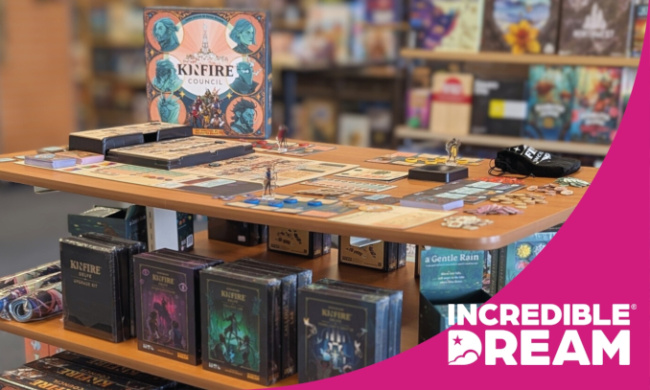
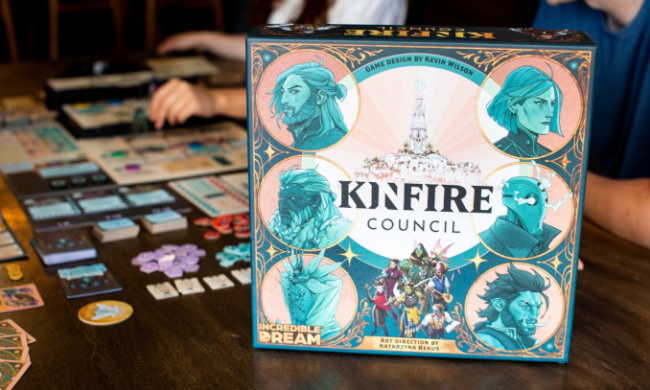
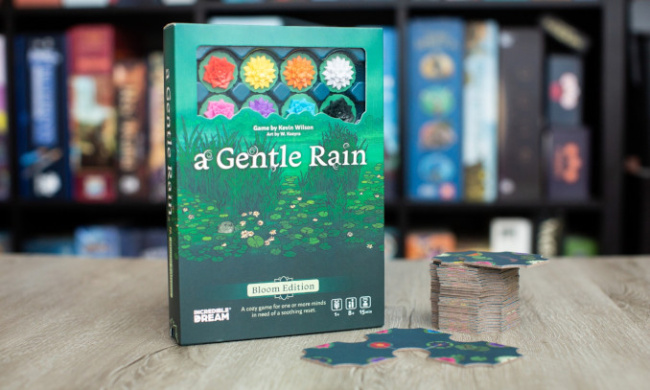
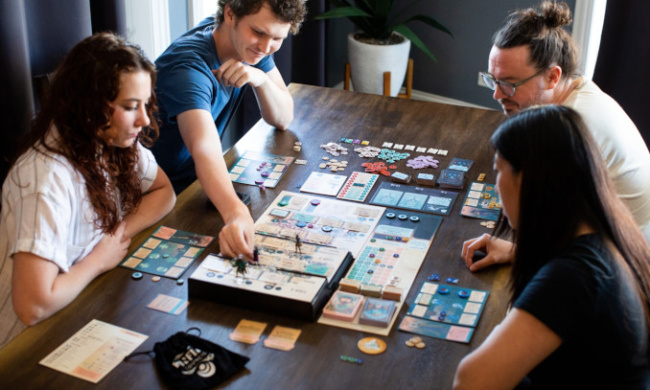
 View Gallery: 7 Images
View Gallery: 7 Images 

